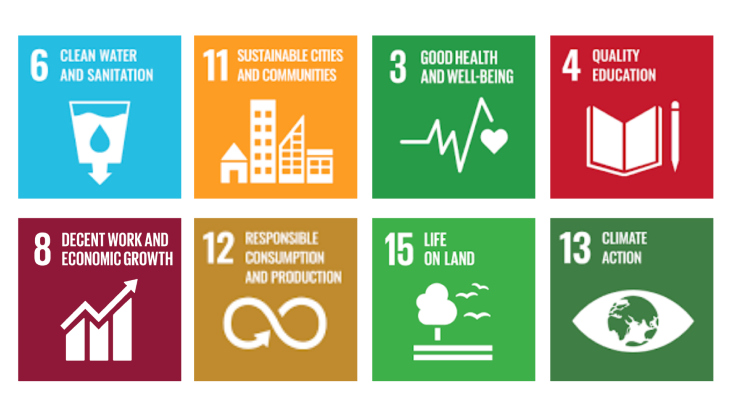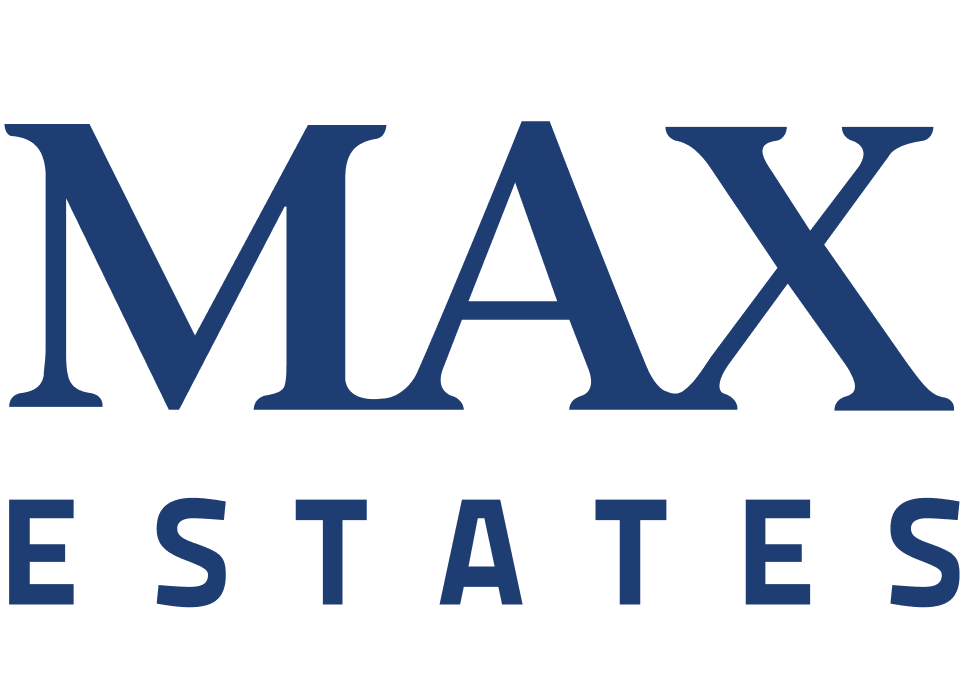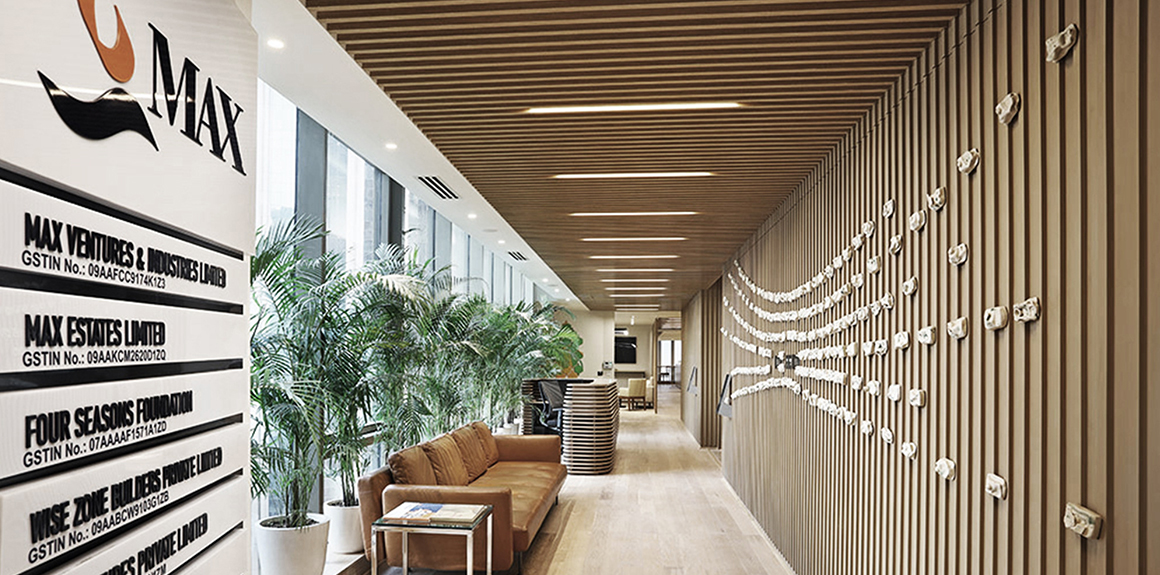ESG, or Environmental, Social, & Governance criteria was developed as a yardstick for potential conscious investors to evaluate how companies perform as ‘stewards of nature’. The Covid-19 pandemic, however, brought the ESG framework further into the limelight, beyond the scope of investing. “The pandemic made us ponder over how much GHG emissions are the result of haphazard business activities, how fragile is the societal thread of communities, and how a well-planned governance is of the essence in such difficult times.” Prompted by the pandemic, investors and conglomerates alike are evaluating firms on their ESG policies, and newer sustainability reporting standards and ESG disclosure regulations are being introduced. “Securities and Exchange Board of India (SEBI) has set up new Business Responsibility and Sustainability Report (BRSR) standards, which will be applicable to the top 1,000 listed firms basis their market capitalization, beginning from fiscal year 2022-23.”
A recent PwC report reveals that, in response, nearly three quarters of the companies being surveyed have already started their ESG journey, while some companies are even in the middle of directing their business towards a value creation ecosystem that considers factors like environmental sustainability, employee engagement, and societal impact to be important to their success.

Source: Sustainability Academy
Why is ESG here to stay?
“Many studies have shown a correlation between better financial success and strong performance on relevant ESG priorities. One such study by Bank of America Merrill Lynch in 2018 revealed that companies with a stronger ESG track record outperformed their peers in terms of 3-year returns, were less likely to have large price drops and eventually become high-quality stocks with far less risk of going bankrupt. Moreover, the Bank of America ESG report noted that, as the millennials’ wealth grows, there could be an inflow of $15–20 trillion into ESG investments over the next 20 to 30 years.”
ESG framework, especially the environmental criterion is a dominant factor of importance in the construction industry. Built infrastructure indeed is one of the major contributors to climate change, and global organisations are now taking sustainability into consideration while choosing their future workspaces.
Sustainable Workspaces
While no standard definition exists for a ‘sustainable workspace’, Bondcollective.com rightly defines it as “A work-space that promotes ecological and environmental balance by reducing — or avoiding entirely — the depletion of natural resources.” “Creating a sustainable workplace is a long-term process which involves strategizing and incorporating enduring features that will benefit the company and individuals without negatively affecting future generations. From the initial architectural design to day-to-day business operations, the “scope” of going green in the office is broad.”
With the focus on sustainable development, MaxVIL has stepped into real estate sector in 2016 through commercial real estate. Safeguarding the environment through energy and resource efficiency is the core principle of its sustainable development policy.
In their recent Sustainability Report, Max Estates mentions their plans to integrate ESG even further in their development plans “As a progressive real estate player, we want to make a positive contribution to the environment. We have consciously made choices that minimize the carbon footprint during the lifetime of our assets. Our ultimate goal is to make Net Zero Buildings. LEED certification & IGBC Rating of all our assets is a testimony to the same. Reducing the dependence on virgin materials and opting for environment-friendly and recycled material has been a part of how we conduct business. Going ahead, MaxVIL will also have a role to play in the circular economy through resource circularity.”

How is Max Estates Building Sustainable Workspaces?
Max Estates has taken care to specify critical roles and departments responsible for the various material sustainability topics. Their core sustainability strategy is divided into several themes with additional relevant goals, all of them having a deadline between now and 2030.
These ESG goals include:
ENVIRONMENT: –
- Energy and Emissions: ‘In India, energy consumption for the building sector alone is expected to grow by 6.6 times by 2047 compared to that from 2017. Commercial buildings usually have a quite high carbon footprint, so we are committed to optimizing our carbon footprint and coming up with climate-resilient developments. Having already achieved a 20% reduction in the overall energy use for our operational assets in comparison to conventional development, Max Estates’ primary goal for this decade is to achieve energy-efficient building assets. Achieving energy-efficient building assets today and in the future is one of our primary goals for this decade.’, mentions the report.
- Circular Economy: Material, water, effluents, and waste are all part of our circular economy and resource efficiency universe. Max Estates aims to work towards a circular economy by abiding by the reduce, reuse, and recycle principles when it comes to material, water, effluents, and waste, and encouraging all their tenants to do the same.
- Biodiversity: Max Estates’ plan for a sustainable workspace includes supporting local biodiversity by adopting native plant species in their building designs, in addition to minimizing any negative impacts of our operations on local biodiversity.
SOCIAL: –
- Health and Wellbeing: With their unique WorkWell and LiveWell philosophies, Max Estates is ensuring paramount focus on the health and well-being of all its stakeholders. The attention to well-being starts from the time of construction itself with use of sustainable materials, PPE, and pollution-reducing techniques.
- Community Social Responsibility: ‘We believe training, education and community services to be basic requirements for any organization and its community to prosper, and therefore we aim to educate our stakeholders about the socio-economic impact of the overall organization, so we can all work together to achieve our sustainable development goals.’, mentions their report.

GOVERNANCE: –
- Respecting the Law and Maintaining Compliances: At Max Estates, the adequateness of policies, systems, and practices is reviewed regularly, to ensure compliance of SDGs and global ESG practices is followed in letter and in spirit.
- Reporting and Ratings: “We aim to participate in third-party rating systems for an evaluation of our sustainability performance, and figuring out any room for improvement.”, mentions Max Estates’ report. Their current developments Max House and Max Towers are both LEED certified for Green Building Strategies and IGBC rated for Health & Wellness aspects.
- Growth: As their ESG journey opens-up more exciting business opportunities, they aim to use them for sustainable and impactful growth.
RESPONSIBLE BUSINESS GROWTH: –
- Growth with Responsibility: They intend to pass on the benefits of this growth down the chain, by creating economic and social value.
- Procurement Practices: Max Estates’ sustainability report states “We plan to optimize our supply chain so that all potential ESG-related risks can be identified and dealt with in the earliest possible stage. Plus, we intend to use only sustainable raw materials in our building practices.”
- Our People Sphere: Max Estates goal is to ensure responsible business management and caring for all people involved with their organization, which will translate into credible governance, good economic performance, and an excellent social infrastructure.
MD & CEO, Max Ventures & Industries Ltd., Mr. Sahil Vachani shared, “At Max Estates, we recognize the significant role we have to play toward creating sustainable and resilient urban environments. MaxVIL’s philosophy is built upon the three pillars of Max Group’s value creations – Sevabhav, Credibility and Excellence. Through our WorkWell and LiveWell philosophies, we aspire to deliver on these values in all operations we undertake in the upcoming times.
Further, we want to encourage a culture of service and helpfulness, so our actions positively impact our environment, and trigger transformation in the future of shared workspaces.
With our first Sustainability Report in 2021, we have officially embarked on a long journey to make our commitment to sustainability a key differentiator within the real estate market. As a newer, progressive real estate player, both our designs and their execution are focused on contributing towards UN’s Sustainable Development Goals (SDGs).”

The baton to reduce the real estate industry’s negative impact on the environment has been passed on to progressive developers. As modern-day workplace requirements evolve, Grade A+ developments will include sustainable practices in their design and DNA, as a reflection of their own policies and of the demands of the evolving generations of aware citizens.









